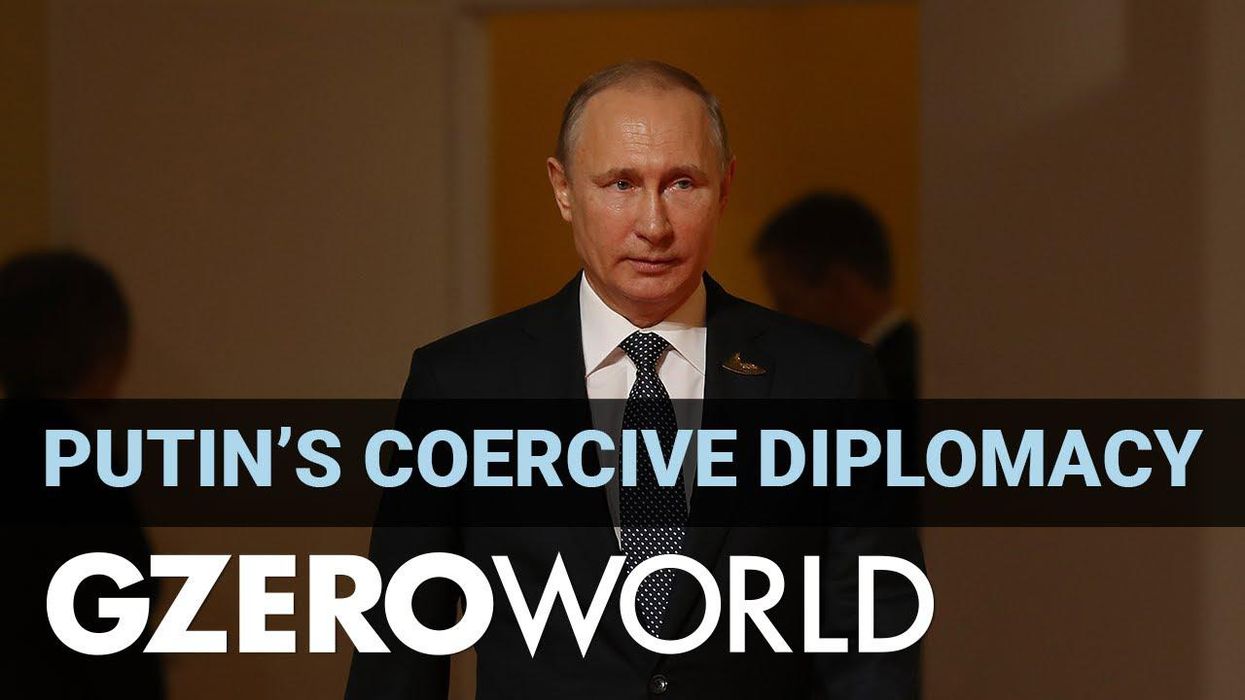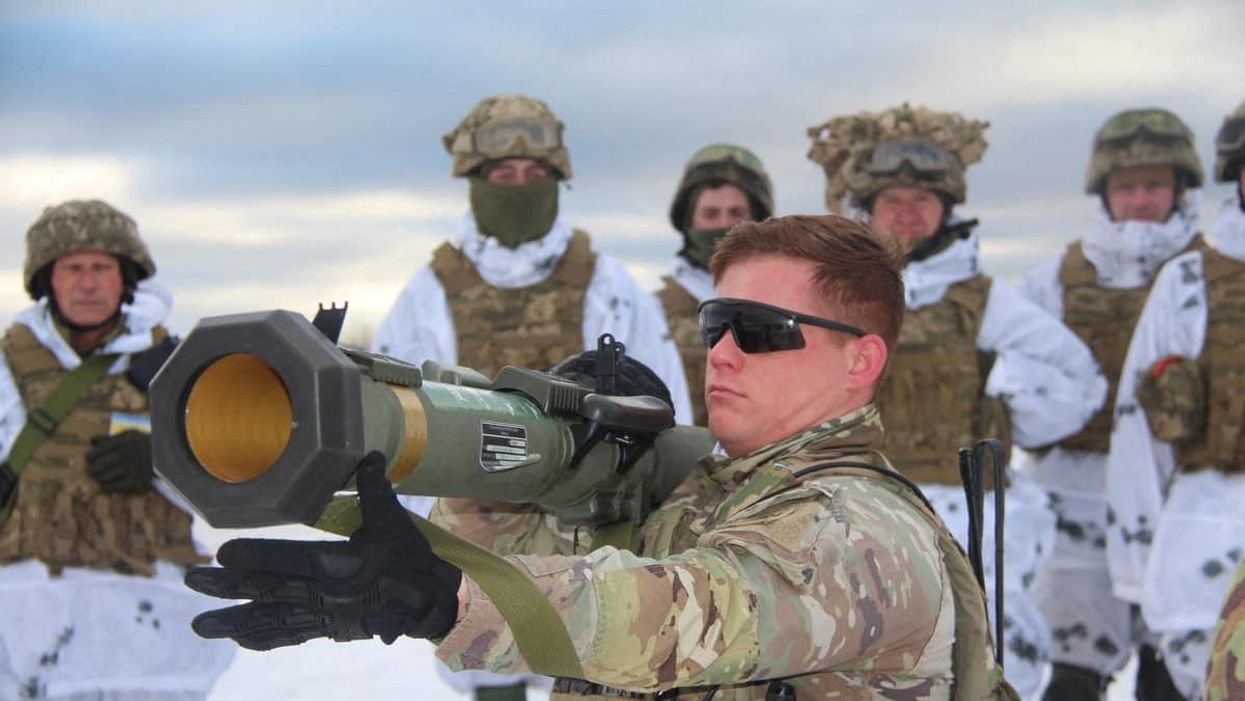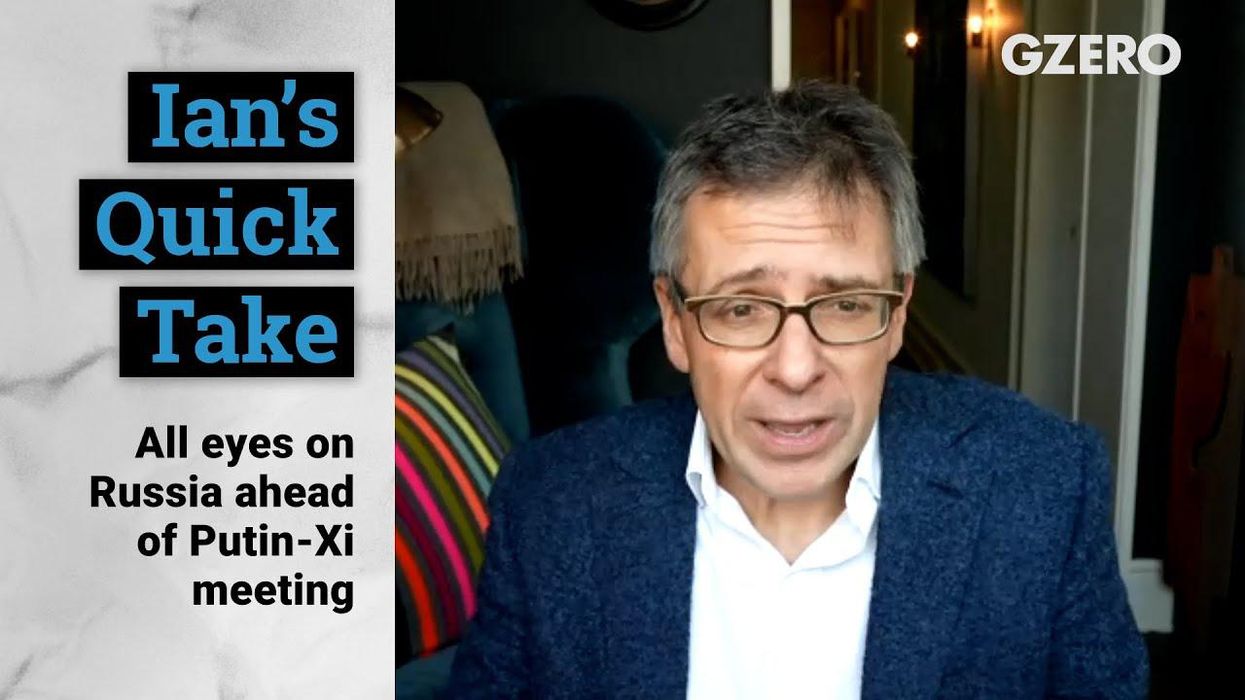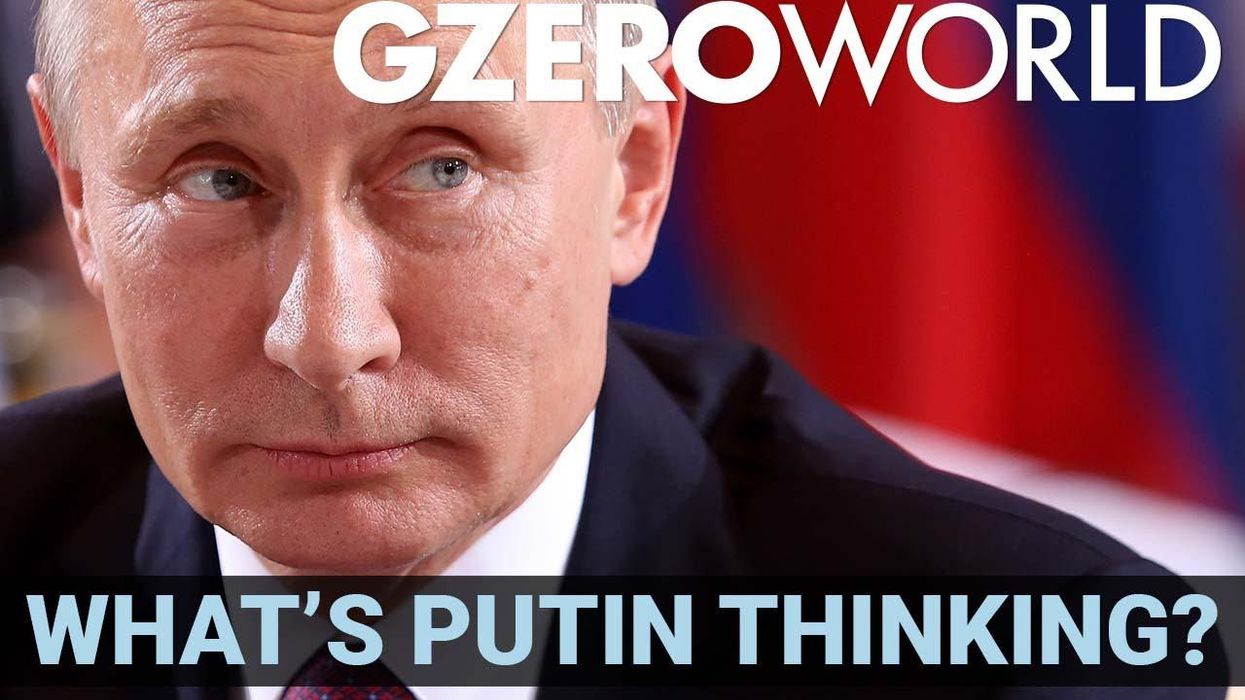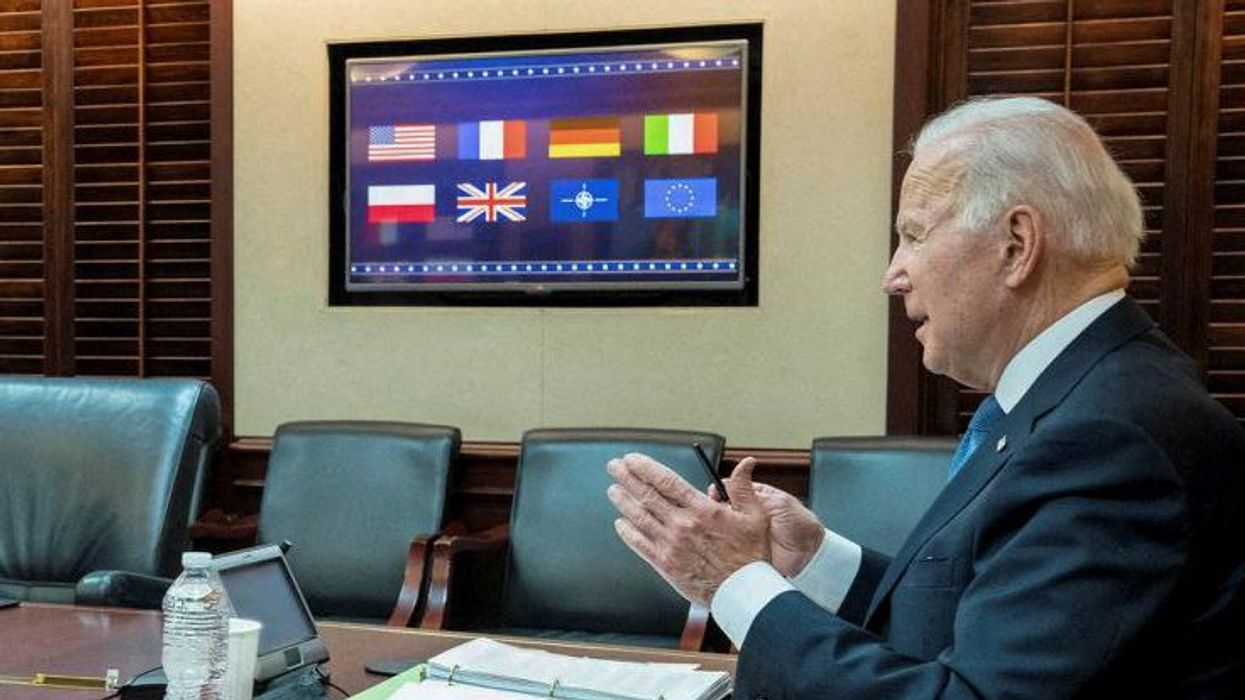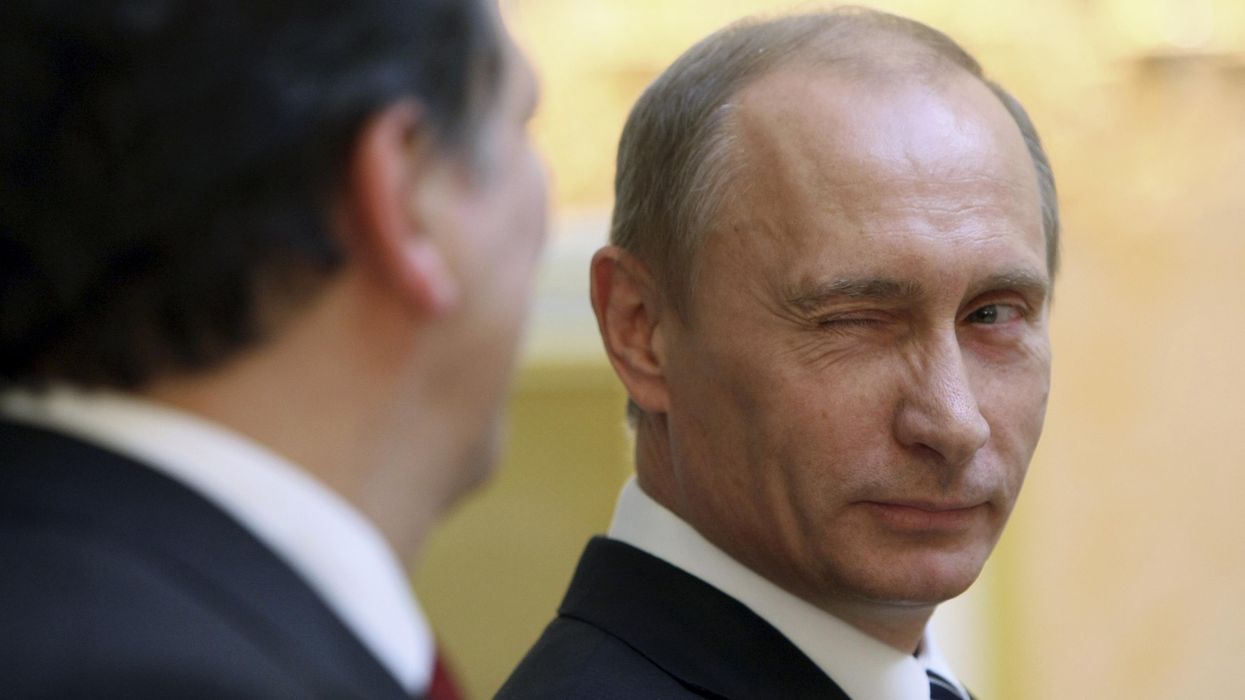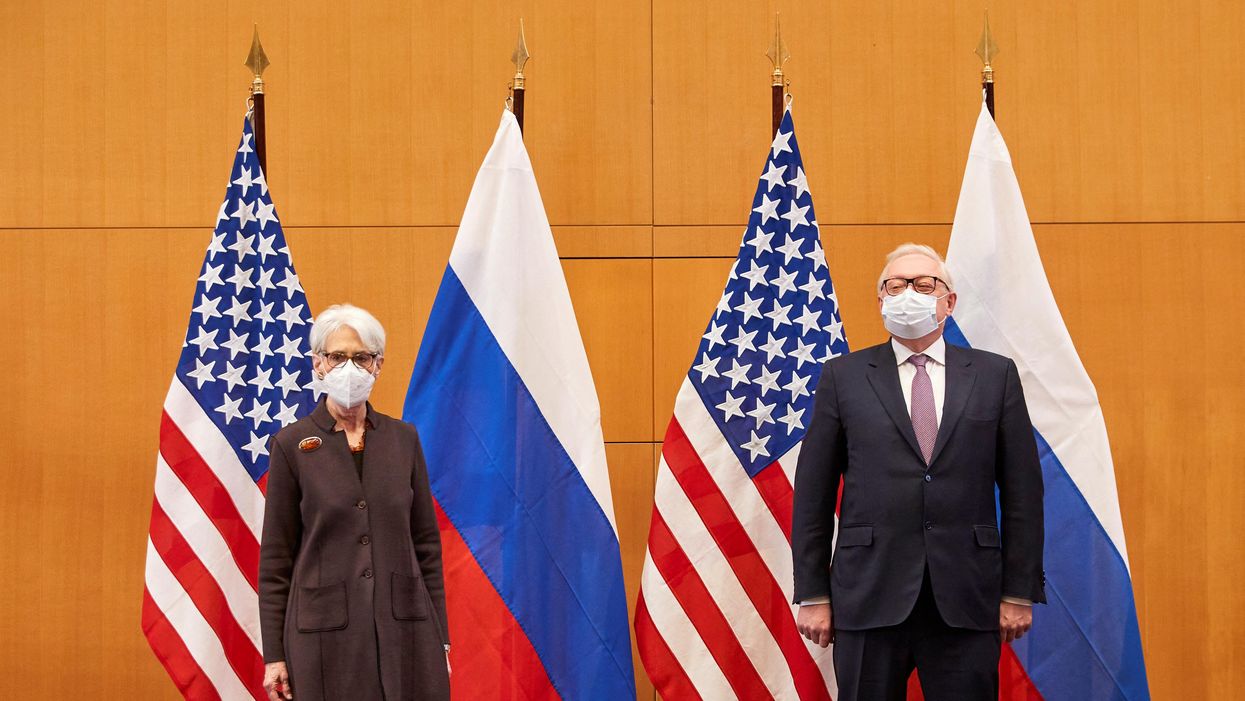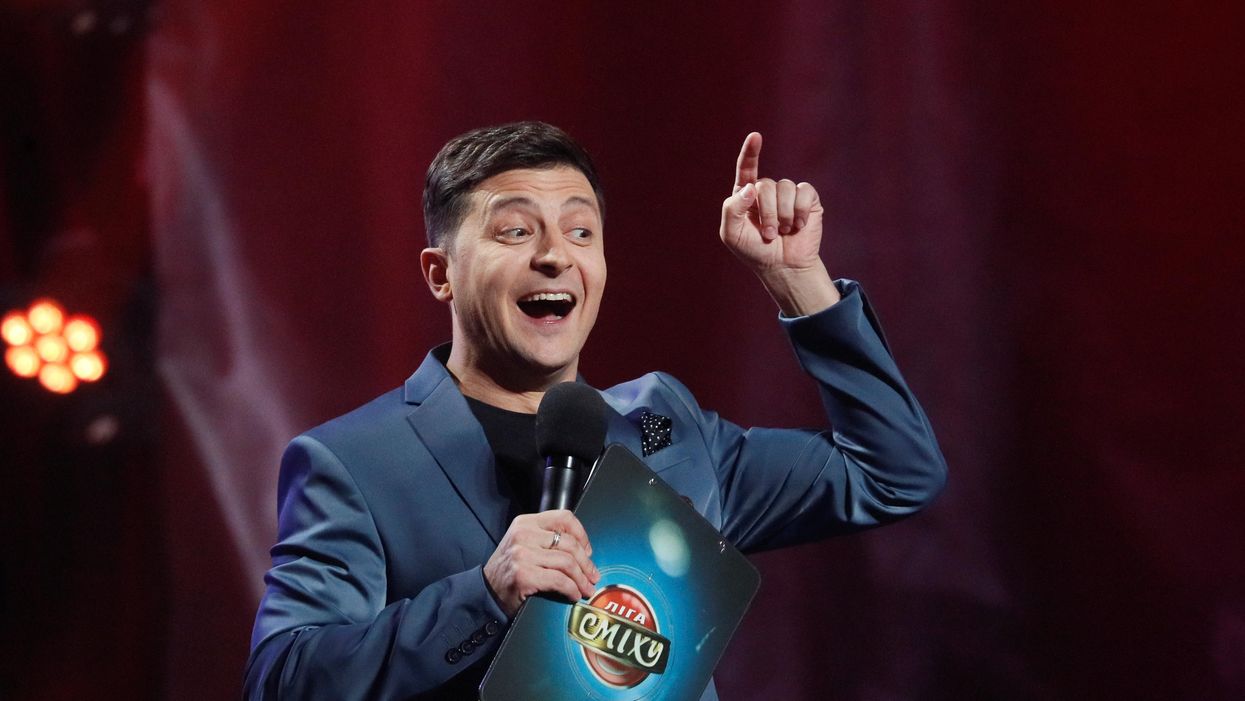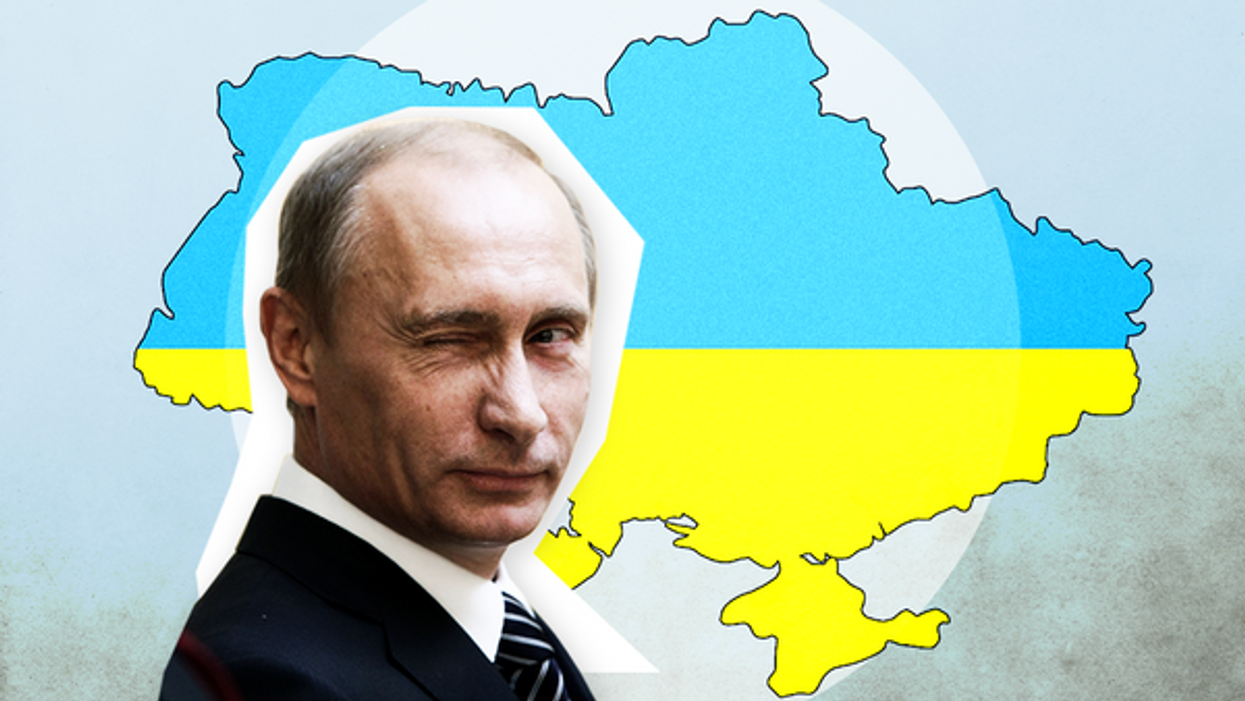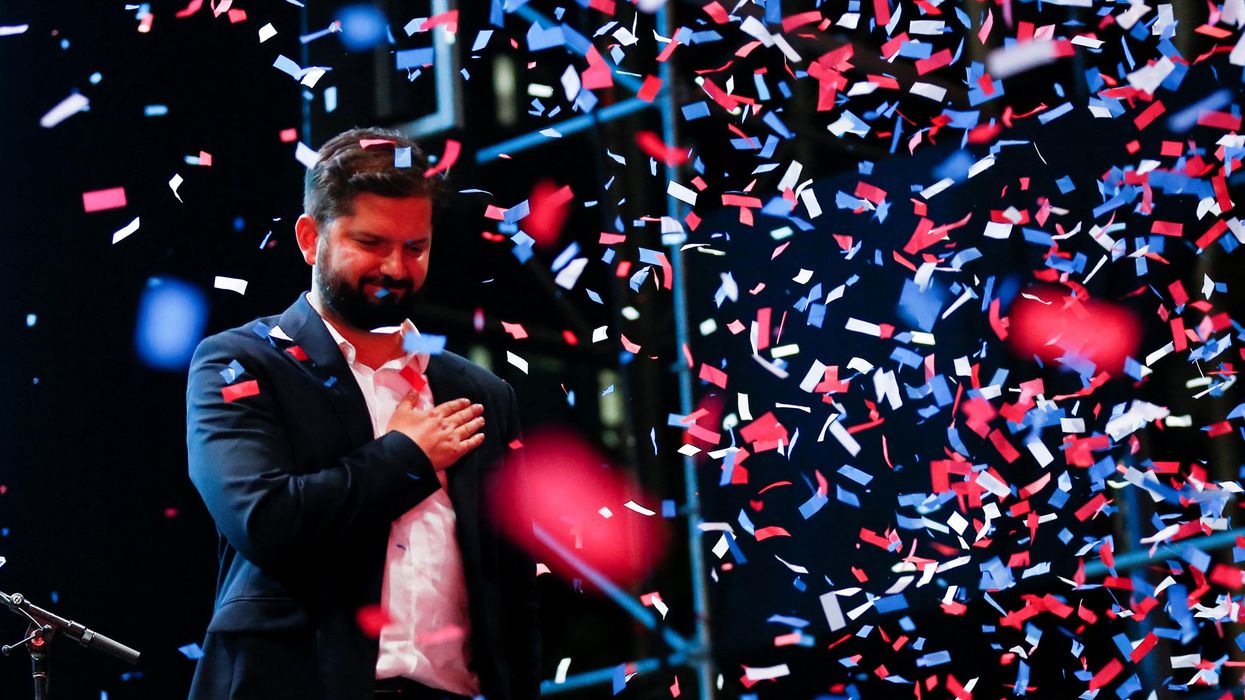GZERO World Clips
Putin will capitalize on Western divisions, says Fiona Hill
“To deal with Putin, we have to have collective, coherent, concerted pushback,” Fiona Hill said in January. The former Director of European and Russian Affairs at the National Security Council under President Donald Trump warned that Vladimir Putin would likely exploit the political climate in America and tensions between allies to his advantage.
Feb 15, 2022
